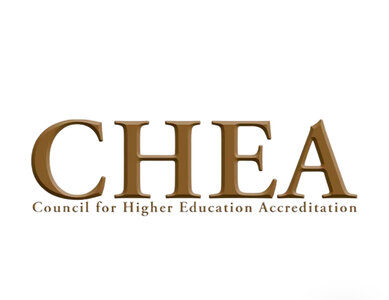donbosco
Legend of ZZL
- Messages
- 6,928
That’s fascinating. Obviously professional basketball just wasn’t nearly as lucrative back then. George Mikan, who was the same age as Kurland, signed the first “big” professional basketball contract. It was $60K for 5 years ($12K per year). While that was pretty good money for the time— it’s the equivalent of just under $200K today— there were a number of non-sports professions where you could make more. And obviously you cannot play professional basketball forever. Someone like Kurland may have thought, “Sure I can make decent money for the next 10-15 years, but what kind of career will be available for me after that? Who would want to hire someone in their late-30s whose only job experience is playing a game?”
Even the biggest basketball salaries back then weren’t enough to set someone up for the rest of their life by the end of their career. Nowadays some of the top prospects entering college or entering the portal can be set for life after one year if they are wise with their money and invest well.
Playing on a team that assured someone of long-term, year-round employment could cause an athlete to choose AAU or Mill League ball for sure. From what I understand that was Kurland's reasoning as to why he did not go to professional basketball. I understand that a lot of baseball players did the same in the Southeast.

